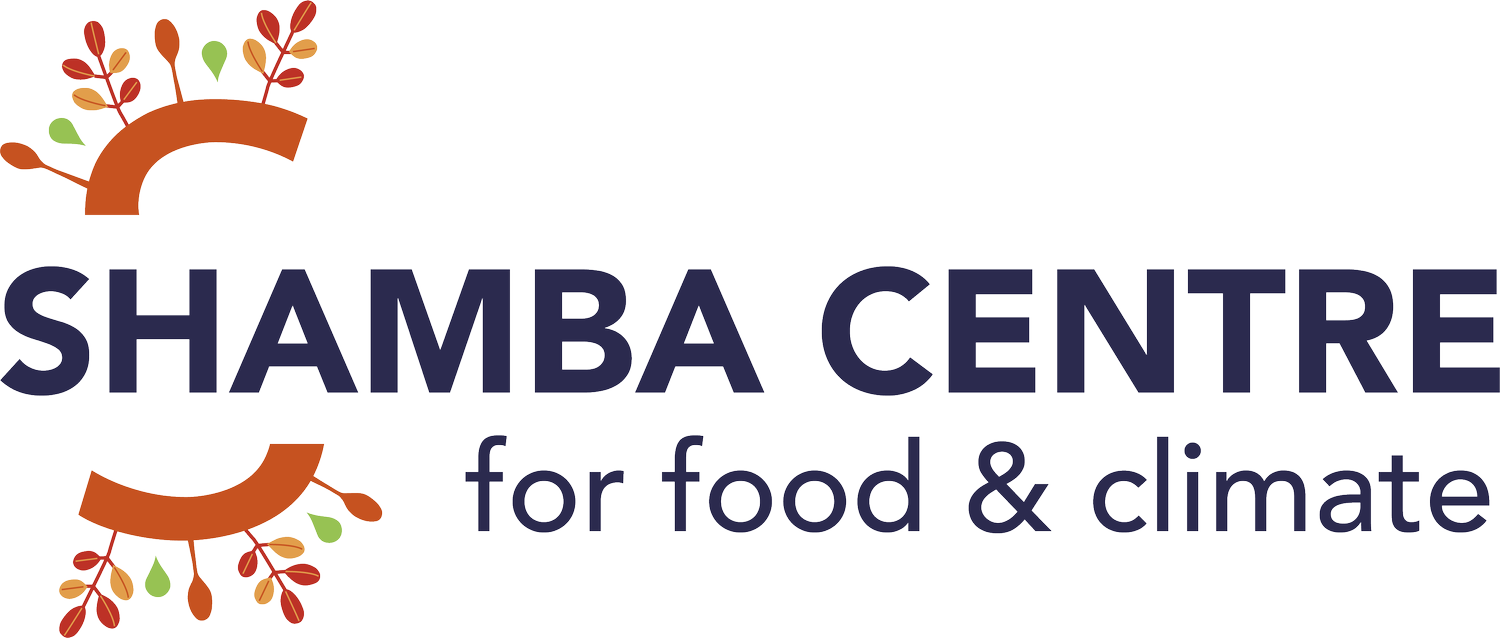A busy weekend for the G7 agricultural ministers
By Oshani Perera, 21 April 2023
As the G7 agriculture ministers from the G7 gather in Japan this weekend alongside representatives from IFAD, FAO, OECD and WFP, what will be on their agenda?
The Japanese government, which hold the G7 2023 presidency will announce the launch of the Enhanced Linkages between Private Sector and Small-scale Producers initiative with IFAD with seed funding of USD 2 million. It also plans to contribute USD 7.9 million to support food and nutrition security for refugees and host communities in Uganda. And further leadership is certainly awaited.
The G7 ministerial meetings held in 2022 under the aegis of the German presidency gave much needed attention to the issue of global food insecurity. G7 countries launched the Global Alliance for Food Security (GAFS), which the Shamba Centre was instrumental in designing, to respond to global food insecurity and promote longer term policy reforms to prevent repeated crises in the future. The GAFS Dashboard was set up to inform and coordinate global responses.
The G7, together with the UN and Turkey, also negotiated the Black Sea Grain Initiative, which reopened shipping routes across the Black Sea to transport grain and oil seeds from Ukraine to many developing countries. Over the past several months, the prices and price volatility of grain and oil seed have fallen to levels before the Ukrainian war began.
However, uncertainties related to the Black Sea Grain Initiative remain high and the Initiative is set to end on 18 May. The geopolitics around the war in Ukraine mean that negotiating its extension will be challenging. The Black Sea Grain Initiative will hence be on the top of the agenda of the G7 agriculture ministers meeting, even as the Russian government and the UN plan to commence negotiations next week.
Support from the G7 is critical. Should the Black Sea Grain Initiative falters, developing countries will again be plunged into a deeper food crisis. The prevailing heave wave in Asia has seen India revise its project grain harvest from 109.59 million tonnes to 105 million tonnes and improve temporary bans on wheat experts to ensure domestic and regional food security. Wheat futures are hence rising, and rice prices are likely to do so as well.
Top of the G7 agriculture ministers' agenda will also be two additional realities: global warming is now happening at a rate of 2.1 to 3.1 degrees and the global demand for fresh water will outstrip supply by 2030. Food systems are both a contributor to and a solution for these challenges. The G7 ministers will have busy weekend.
Source for both graphs: AMIS Market Monitor


